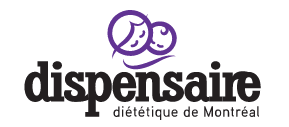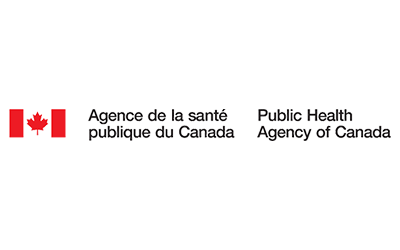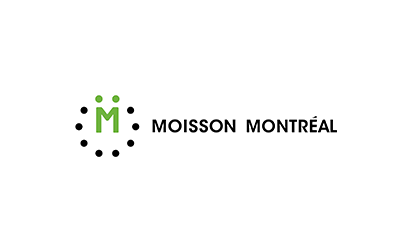Health Canada, the World Health Organization and the Montreal Diet Dispensary prefer a food approach to address omega-3 needs. In addition, the Dispensary recommends consuming 300 g (10 oz) of cooked fatty fish per week for pregnant women.
Although Health Canada recommends eating 150 g of fish per week during pregnancy, the Montreal Diet Dispensary instead recommends 300g of fish. This recommendation is based on an analysis of omega-3 needs during pregnancy which are increased. For more information, click here (French only).
The types of omega-3 that are particularly useful during pregnancy are eicosapentaenoic acid (EPA) and docosahexaenoic acid (DHA). These types of omega-3s are found primarily in fatty fish. The Montreal Diet Dispensary and Health Canada recommend favoring fatty and little contaminated fish such as salmon, trout, sardines, mackerel (except king mackerel) and herring, as they are the best sources of omega -3. For some other fish, whether fresh or canned, it should be noted that there are recommendations regarding mercury levels during pregnancy. Some seafood also provides omega-3 fatty acids, mainly mussels and oysters.
Furthermore, EPA and DHA can come in small quantities from the consumption of another type of fatty acid called alpha-linolenic (ALA) found in some plant foods. In fact, when ALA is consumed, a little part of it will be converted to EPA and DHA. It is pertinent to mention that the sources of ALA are particularly advantageous in women who eat little or no fish and/or seafood, because the conversion of ALA to EPA and DHA might be more effective in these cases. Eggs also contain DHA, especially those that are enriched in omega-3. In fact, chickens efficiently convert ALA in their diet into DHA in their eggs.
If the mother consumes little or no fish, it is possible to suggest fish oil supplements. However, according to Health Canada and the scientific literature, their efficacy is uncertain and seems less beneficial than the consumption of fish.
Note that nutritious foods supplemented with fish oil providing EPA and DHA are preferred over those containing linseed oil. Microalgae oil proves the only way to get a plant source of DHA, but this product is more expensive.
Finally, it is important to remind mothers that fish oil supplements cannot replace eating omega-3 rich foods because they will never be as complete. Indeed, food contains a variety of nutrients in addition to containing omega-3. To learn more about omega-3 supplements, click here.
| DIETARY SOURCES OF OMEGA-3 | |
| EPA and DHA (Animal sources) |
Fish Seafood Egg (especially those enriched with omega-3) |
|---|---|
| ALA (Plant sources) | Ground flax seeds and oil Walnuts, pine (pine nuts), pecans Canola oil Soy, tofu and soy oil Chia seeds, hemp Wheat germ |






